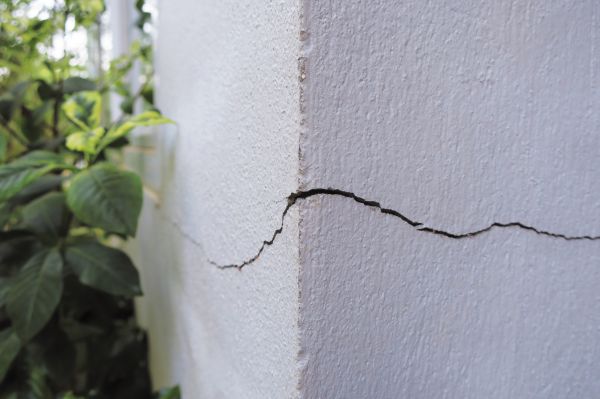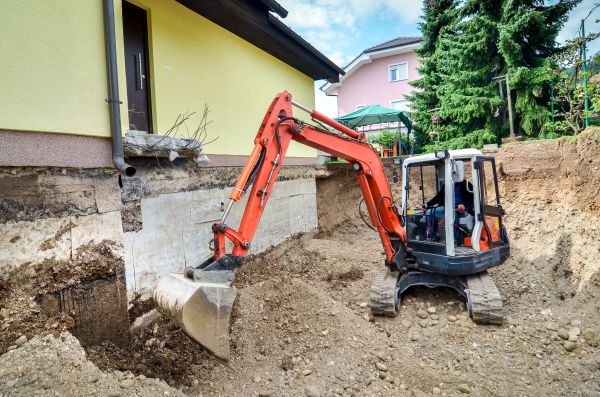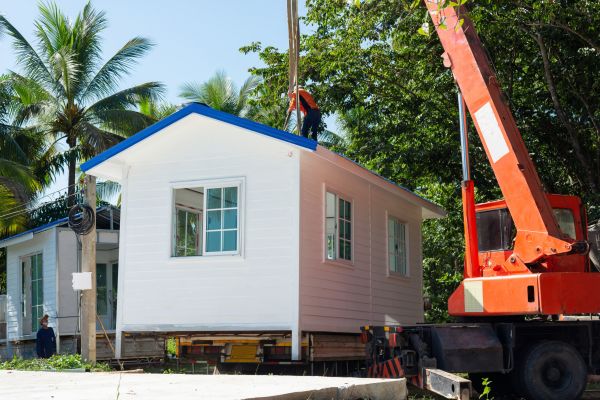House Elevation Service
Welcome to Franklin Foundation Repair
Serving Franklin, TN
House elevation service is a specialized process that involves raising a house to a higher level, typically to protect it from flooding or to comply with local building codes. This service is crucial for homeowners in flood-prone areas, as it provides a proactive solution to mitigate the risk of water damage. By elevating a house, homeowners can safeguard their property from potential floodwaters, thus preserving the structural integrity and value of their home. Additionally, house elevation can be a requirement for insurance purposes, as many insurance providers offer better rates for elevated homes. This process not only enhances the safety and security of a home but also contributes to peace of mind for homeowners who live in areas susceptible to natural disasters.
Benefits of House Elevation Service
-
Flood Protection
Elevating your house significantly reduces the risk of flood damage. By raising the structure above potential flood levels, homeowners can protect their property from water intrusion, which can lead to costly repairs and loss of personal belongings. This proactive measure is especially beneficial in regions that experience frequent flooding. -
Increased Property Value
A house elevation can increase the market value of a property. Elevated homes are often more attractive to potential buyers, particularly in areas known for flooding. By investing in house elevation services, homeowners may see a return on investment through a higher resale value. -
Compliance with Local Regulations
Many local governments have building codes that require homes in flood-prone areas to be elevated. By complying with these regulations, homeowners can avoid potential fines and ensure their property is up to code. This compliance can also facilitate smoother transactions if the homeowner decides to sell the property in the future.
Fill out our contact form today to request House Elevation Service in Franklin and protect your home from potential flooding risks.








